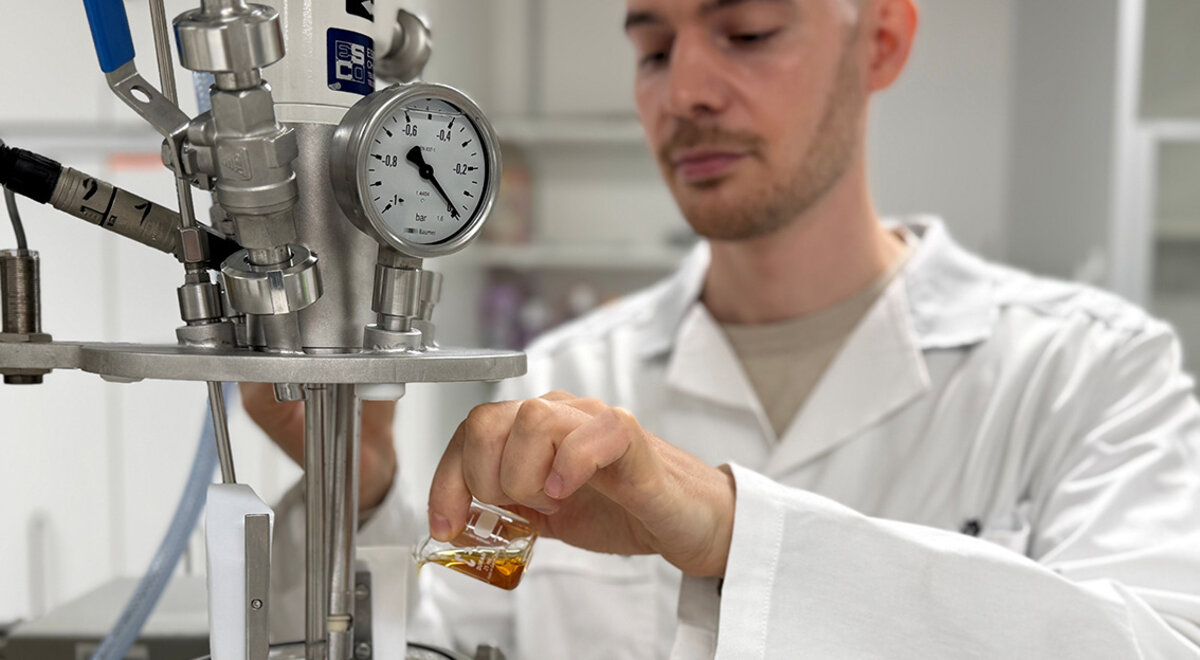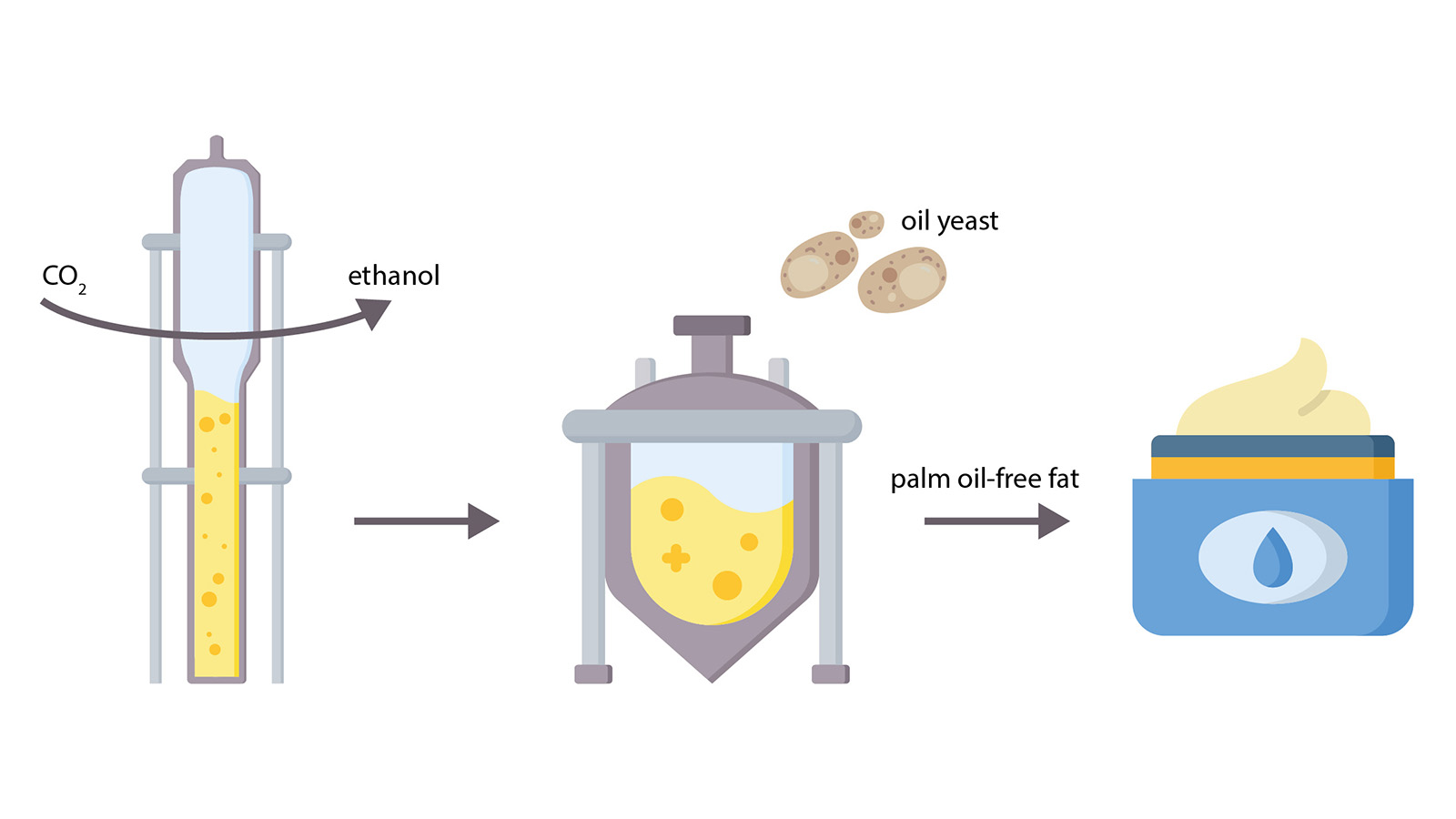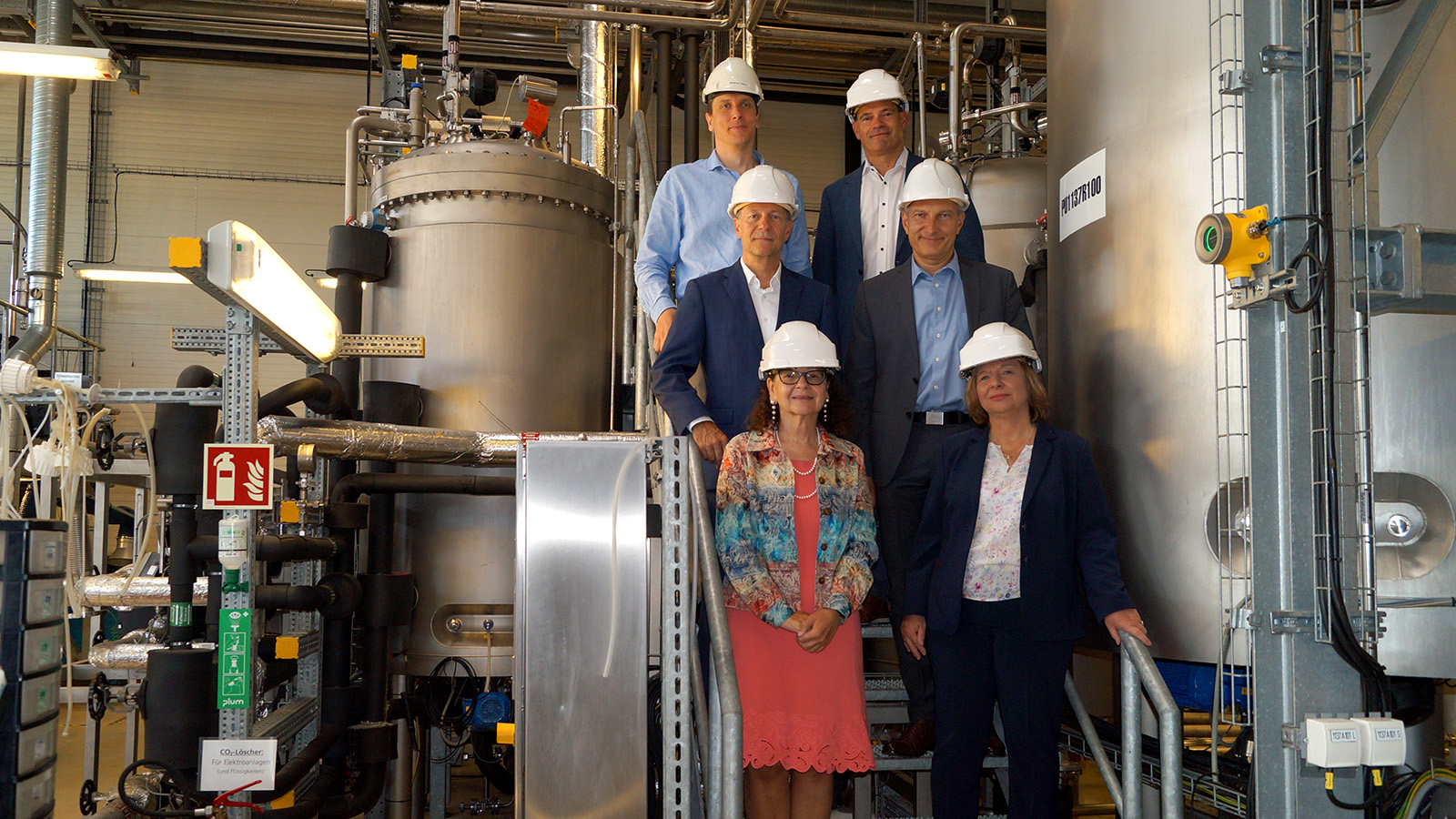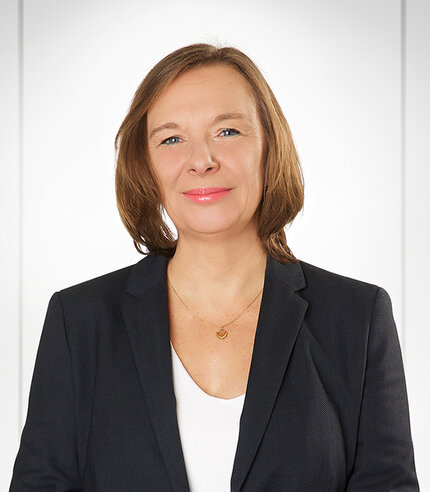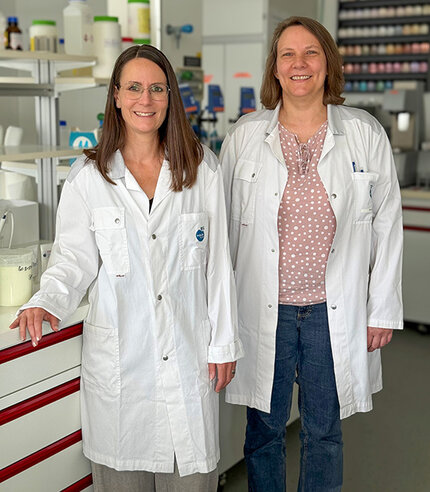This pioneering technology not only reduces reliance on palm oil but also opens the door to more sustainable supply chains, with the potential to transform the industry at large palm oil is an indispensable raw material for many industries due to the high yield of oil palms, its long shelf life, and its heat resistance. From food, cosmetics, cleaning products to biofuels, palm oil is found in many of the products we use every day.
An urgent need for palm oil alternatives
Ever larger areas of our rainforests are being cleared for palm oil cultivation, threatening many animal and plant species. This process also releases large amounts of stored CO2 into the atmosphere.
The cosmetics industry is aware of this situation and has responded by sourcing palm oil primarily from certified cultivation, ensuring that the raw material comes from sustainably managed sources. Yet, sustainable cultivation alone cannot meet the industry’s growing demand in the long term. New and innovative solutions are urgently needed for the future.
Innovative technology in action
The Mibelle Group is now pioneering a completely new approach together with LanzaTech and the Fraunhofer Institute for Interfacial Engineering and Biotechnology IGB. Their breakthrough combines two successive fermentation processes to convert the greenhouse gas CO2 into a palm oil-free fat blend. The composition of this mixture closely resembles palm oil in a manner that enables us to replace tropical oils in a wide range of future applications.
First, CO₂ that would otherwise be released into the atmosphere is converted into alcohol using a biotechnological process developed by LanzaTech. This process is similar to brewing beer – except CO₂ replaces grain as the raw material.
In the second step of the fermentation process, developed primarily by Fraunhofer IGB, the alcohol produced from CO2 is transformed into the desired fats by specialised oil yeasts. Importantly, both fermentation stages rely exclusively on naturally occurring, non-genetically modified microorganisms.
The result is a versatile, high-quality fat that is 100% palm oil-free, natural, and enriched with outstanding skin care properties, an important feature for cosmetic products.
"This innovation is the result of our long-standing partnership with LanzaTech and a milestone for the cosmetics industry. Combined with the innovative strength of Fraunhofer IGB, we are setting new standards for the entire industry and underlining our commitment to taking responsibility for the future of our planet while making supply chains more robust", says Peter Müller, CEO of the Mibelle Group.
From prototype to market readiness
Following successful laboratory trials at Fraunhofer IGB and promising application tests in the Mibelle Group's laboratories, the partners are now moving into a kilogram-scale production of the palm oil-like fat blend. To this end, the fermentation processes developed at Fraunhofer IGB are being scaled up step-by-step at the Fraunhofer Center for Chemical-Biotechnological Processes CBP in Leuna, a branch of Fraunhofer IGB.
"Following successful research in the laboratory, we have now been able to start developing the pilot process," says Susanne Heldmaier, Head of Research & Technical Innovation at the Mibelle Group. "This is an important next step, at the end of which we will have the first quantities of a high-quality fat. This will enable us to develop cosmetic products that not only protect our skin but also contribute to protecting the environment. In the future, with the support of our raw material suppliers, we hope to be able to convert more and more palm oil-based raw materials to this sustainable solution."
With this new technology, the three companies are making a significant contribution to reducing rainforest deforestation in the long term and establishing a sustainable value chain.

